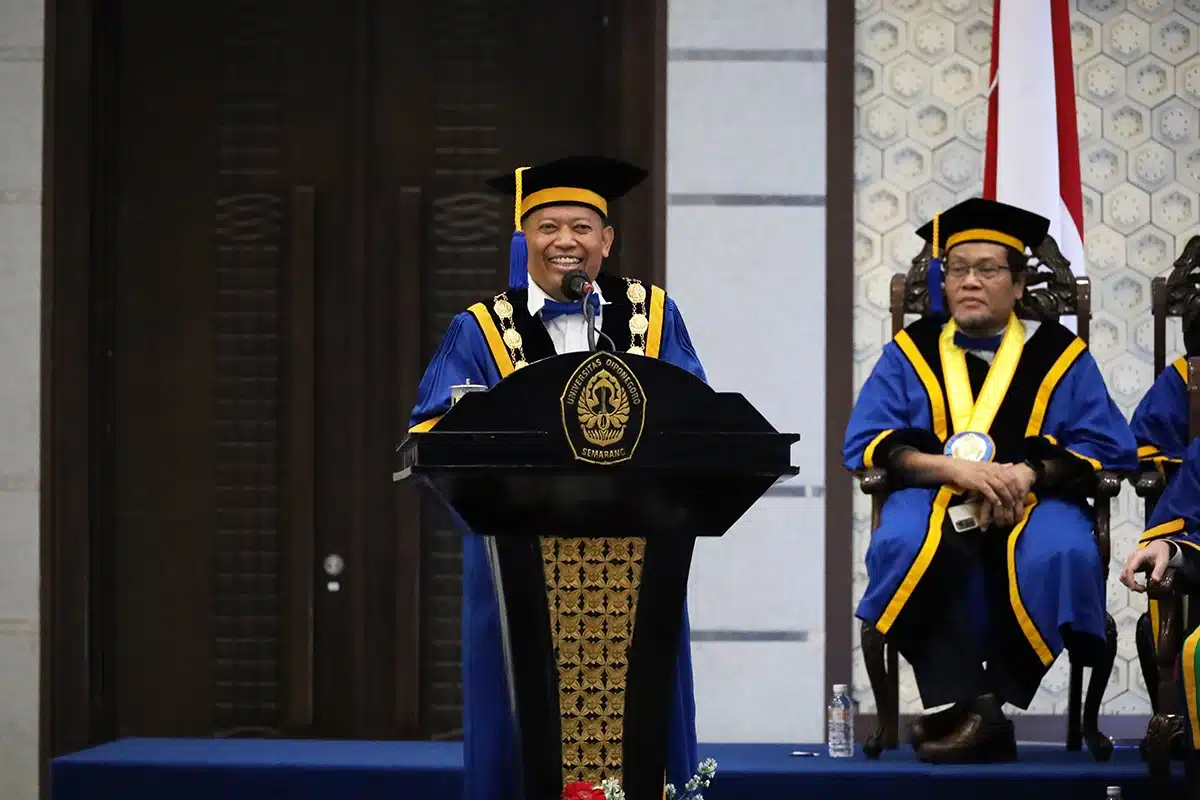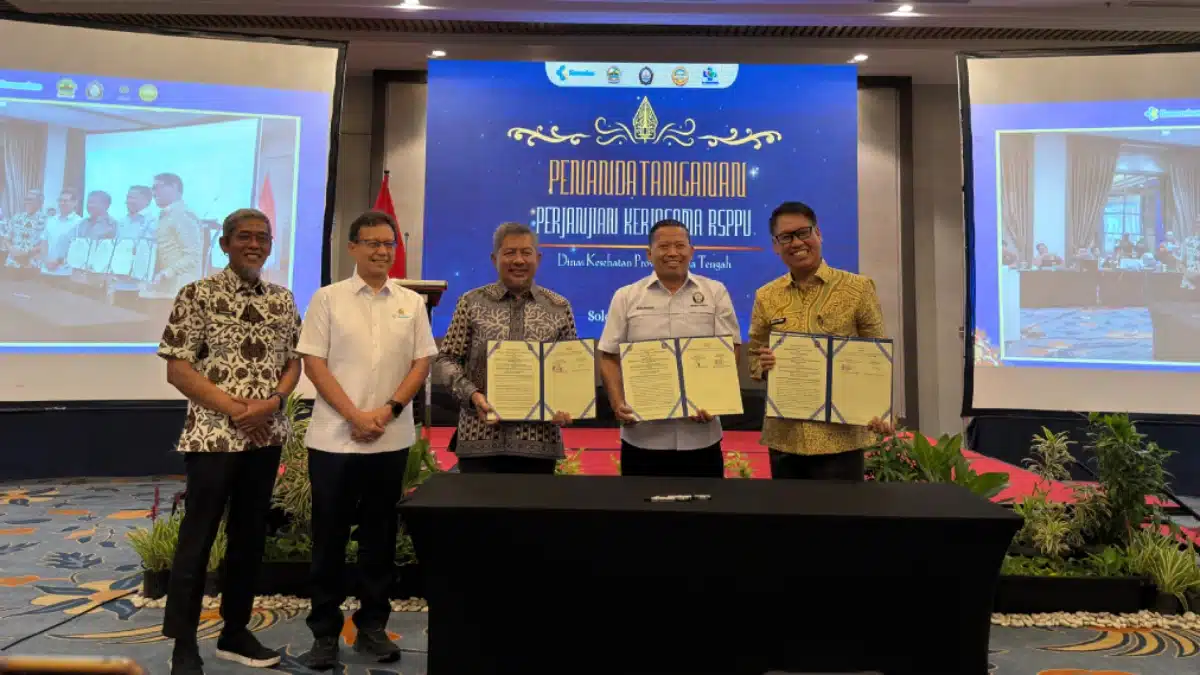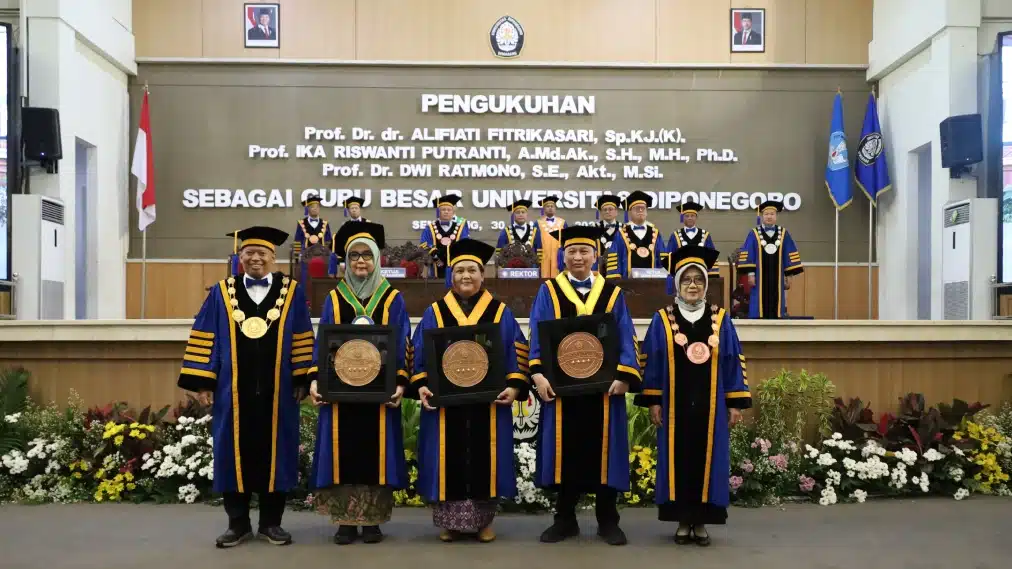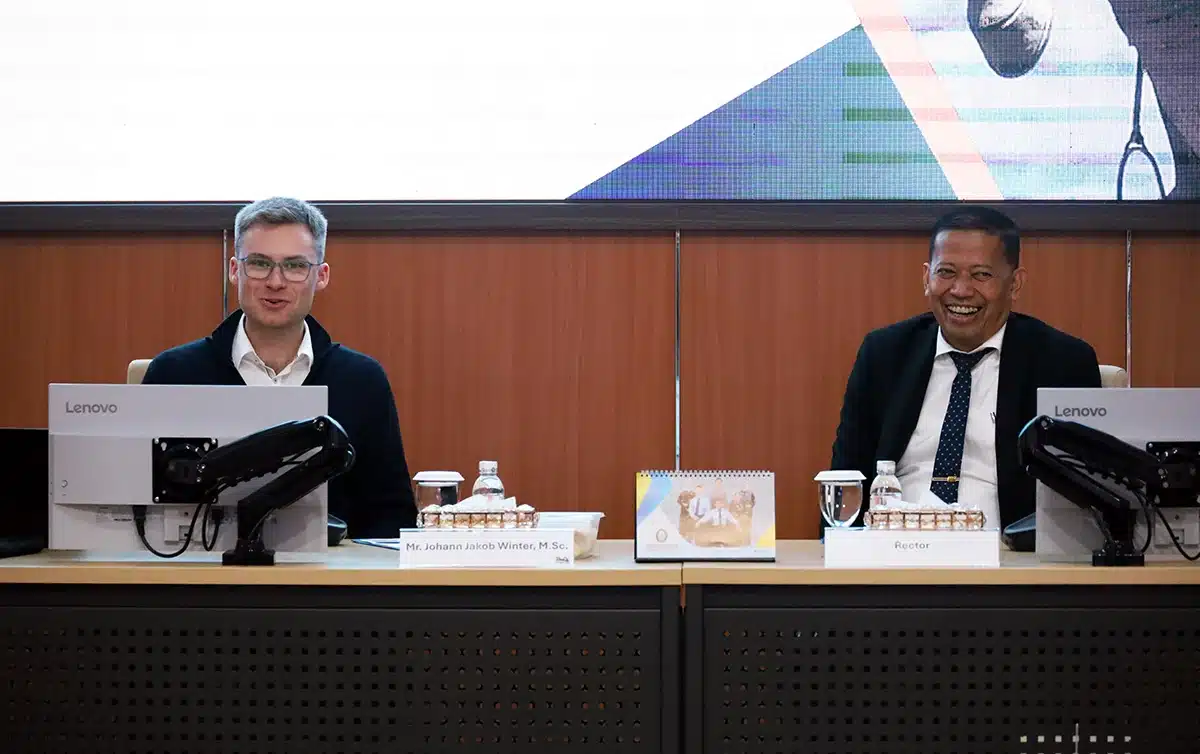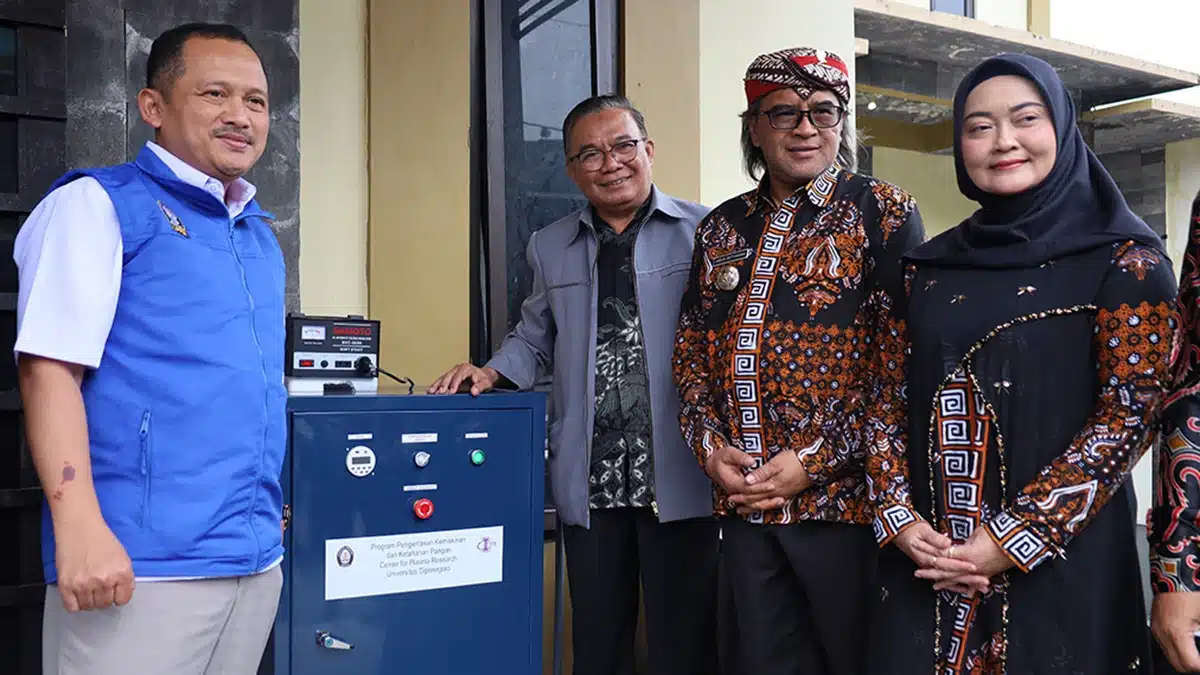“Organization is a future plan that can be designed from the beginning, so whatever the organization is, it’s best if we have an interest in just going in and trying to absorb the positive energy in the organization because it is one of the most valuable capital for our provision to build a career. You don’t need to join a lot of organizations, adjust to the desires and character of each of us, for example in the fields of sports, arts, campus press, scouts or Student Executive Board. Everyone does not have to be president, minister, rector, head of an institution or work in a state-owned company. I believe the other elements are also important in their respective fields. Those people must have taken care of their organizational values to some extent until they can be applied today. It is not based on the type of organization but on organizational values such as responsibility, discipline, brotherhood, and harmony. Official organizations will certainly never build negative values but teach positive values and that is good energy for students as preparation for the future,” said Asmono Wikan, alumni of Communication Science Class of 1991, Faculty of Social and Political Sciences, Diponegoro University who is currently serving as Chairman of the Commission for Organizational Empowerment as well as Deputy Chair of the Commission for Research, Data Collection and Ratification of the Press Council for the 2022-2025 period.
“Education plays an important role, not only formal education, but a long life education. Education must free us from thoughts that are no longer relevant, if we are educated we will always pursue new things. My teachers at Undip teach 3 things about education, namely learning methodology, systematics and learning about common sense, as educated people, of course these 3 things must be considered,” he continued.
He said regarding the important role of the press there is a need for the press in Indonesia in its left quadrant, namely ensuring quality journalistic products, the Press Council calls it Good Journalism, means that there is a measurable strengthening of competence through competency tests or compliance with code of ethics standards. However, quality products are not enough because they must be relevant to the needs or demands of the audience or market. While the right quadrant, if it can be achieved, it is hoped that a press institution that meets the standards/rules of existing norms/rules, is lawful, and has sufficient press workers, then the press company should be able to create economic spaces. This means that a sustainable media must meet the prerequisites to be able to live economically in a market to be able to live. This is a challenge for the Press Council in discussing the press ecosystem.
“Not all journalists are standardized with competency test certification. The objectives of competency certification include improving the quality and professionalism of journalists, becoming a reference for the evaluation system of journalists’ performance by companies and placing journalists in strategic positions in the press industry. In the end, the credibility of the content and press institutions in the eyes of the public will increase if the journalistic products and press institutions are of high quality,” said Asmono.
Regarding the aspect of public relations, when Public Relations (PR) is able to build professional relationships with journalists or the media and press institutions, they will be able to embrace and achieve the goals desired by the leaders of their respective organizations. Since communicating with journalists and press institutions is part of the ongoing work of Public Relations. Journalism and PR are two opposite professions, but they have an equal position in relation to each other and they must synergize with each other.
“PR should be open to the public regarding information because the disclosure of information conveyed by PR makes the public perception better towards the organization or corporation, information submitted openly shows the organization or corporation has high trust and is ready to serve the public, opening information to the public makes an organization or corporation corporations provide opportunities for the public to be involved in organizational or corporate activities so that it will improve the quality of interaction with the public. In the end, it will give birth to a strong reputation, and open access to information to the public will encourage organizations or corporations to prepare quality, credible and useful information or content for the public,” he concluded. (Lin – Public Relations)


